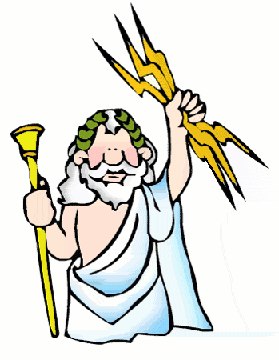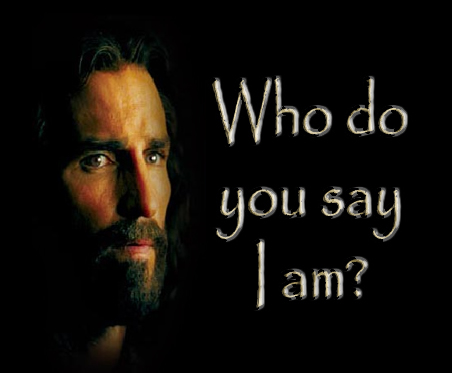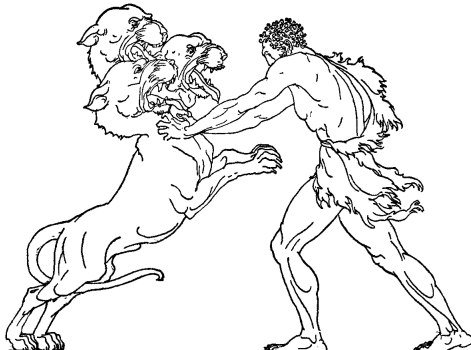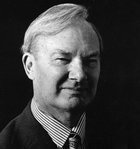Linkage: What Randal wants for Christmas
Philosophical theologian Randal Rauser has been blogging as the Tentative Apologist. This year, for Christmas, he says he’s hoping for “a coherent account of the incarnation“. In other words, he wants a way of understanding the incarnation doctrine which is apparently consistent. Will he get it? Word has it that the elves are working overtime on this request, as Rauser has been a very good… Read More »Linkage: What Randal wants for Christmas











